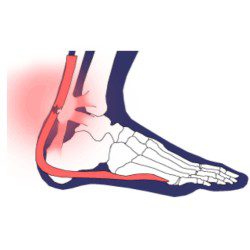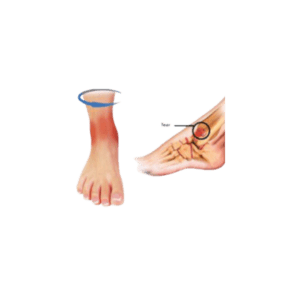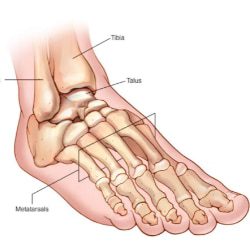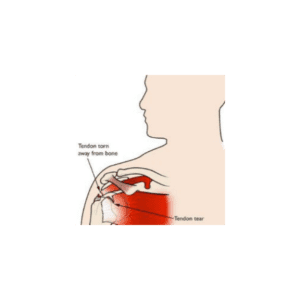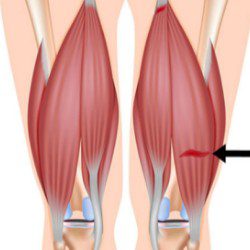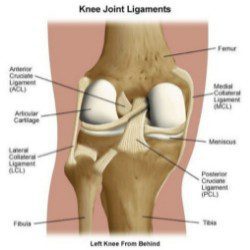Concussion
Of all sports, football presents the greatest risk for concussions. In fact, all football players – even those in high school – have a 75 percent chance of suffering a concussion. Concussions often happen during a tackle, as the head snaps and strikes the ground.
What Is a Concussion?
The most common and least serious type of traumatic brain injury is called a concussion. The word comes from the Latin concutere, which means “to shake violently.” A concussion is most often caused by a sudden direct blow or bump to the head.
According to the CDC, between 2001 and 2009, an estimated 173,285 people under age 19 were treated in hospital emergency rooms for concussions related to sports and recreation activities. Other causes include car and bicycle accidents, work-related injuries, falls, and fighting.
Concussion Causes and Risk Factors
The brain is made of soft tissue. It’s cushioned by spinal fluid and encased in the protective shell of the skull. When you have a blow or bump to your head, the impact can jolt your brain. Sometimes, it literally causes it to move around in your head. Traumatic brain injuries can cause bruising, damage to the blood vessels, and injury to the nerves.
The result is your brain doesn’t function as it should. If you’ve had a concussion, vision may be disturbed, you may lose equilibrium, or you may fall unconscious. In short, the brain is confused.
Some things increase your risk for a concussion, including:
- Falls, particularly in children and older adults
- Playing a contact sport
- Lack of proper safety gear or supervision for contact sports
- Car, motorcycle, bicycle, and other accidents that cause a blow to the head
- Being hit, struck with an object, or other physical abuse
- Military service
- An earlier concussion
Concussion Symptoms
Concussions can be tricky to diagnose. Though you may have a visible cut or bruise on your head, you can’t see a concussion. Signs may not appear for days or weeks after the injury. Some symptoms last for just seconds; others may linger.
Concussions are fairly common. Some estimates say a mild brain trauma is sustained every 21 seconds in the U.S. But it’s important to recognize the signs of a concussion so you can take the proper steps to treat the injury.
There are some common physical, mental, and emotional symptoms a person may display following a concussion. Signs of traumatic brain injury include:
- Confusion or feeling dazed
- Clumsiness
- Slurred speech
- Nausea or vomiting
- Headache
- Balance problems or dizziness
- Blurred vision
- Sensitivity to light
- Sensitivity to noise
- Sluggishness
- Ringing in ears
- Irritability or other behavior or personality changes
- Difficulty concentrating
- Loss of memory
- Fatigue or sleepiness
- Loss of consciousness
- Forgetfulness such as repeating yourself
- Slowed response to questions
- Problems with sleep
- Depression
- Problems with taste or smell
Concussions in Children
Because their heads are disproportionately large compared to the rest of their body, concussions often occur in young children. As kids enter adolescence, they experience rapid height and weight gain. Both are factors that make them more prone to accidents than adults.
If a child has a concussion, an adult should monitor them for the first 24 hours. Don’t give medications, including ibuprofen or aspirin, which may cause bleeding, to a child without talking to a doctor first.
It’s important to watch for behavioral changes. Young children, especially, may not be able to fully communicate what they’re feeling, so it is critical to watch them closely. Symptoms of concussions in children include:
- Headache
- Dizziness
- Problems with balance
- Upset stomach or vomiting
- Fatigue
- Sensitivity to light or noise
- Mental fogginess or slowed thinking
- Problems with memory, concentration, or focus
- Feeling more irritable, sad, nervous, or emotional than usual
- Problems with sleep
Concussion Diagnosis
Most people with concussions fully recover with appropriate treatment. But because a concussion can be serious, safeguarding yourself is important. Here are a few steps to take:
The doctor may test coordination and reflexes, which are both functions of the central nervous system. The doctor may also order a CT scan or an MRI to rule out bleeding or other serious brain injury.
Concussion Treatment and Home Remedies
If you don’t need hospitalization, the doctor will give you instructions to follow. Experts recommend follow-up medical attention within 24 to 72 hours if symptoms worsen. To recover at home, you should:
- Take a break. If your concussion was sustained during athletic activity, stop play and sit it out. Your brain needs time to properly heal, so rest is key. Definitely do not resume play the same day. Athletes and children should be closely monitored by coaches upon resuming play. If you resume play too soon, you risk a greater chance of having a second concussion, which can compound the damage. The American Academy of Neurology has issued guidelines about resuming activities after a concussion.
- Guard against repeat concussions. Repeat concussions cause cumulative effects on the brain. Successive concussions can have devastating consequences, including brain swelling, permanent brain damage, long-term disabilities, or even death. Don’t return to normal activities if you still have symptoms. Get a doctor’s clearance so you can return to work or play with confidence.
- Treat pain with aspirin-free medications. Your doctor will prescribe a medication to relieve pain or recommend an over-the-counter option.

